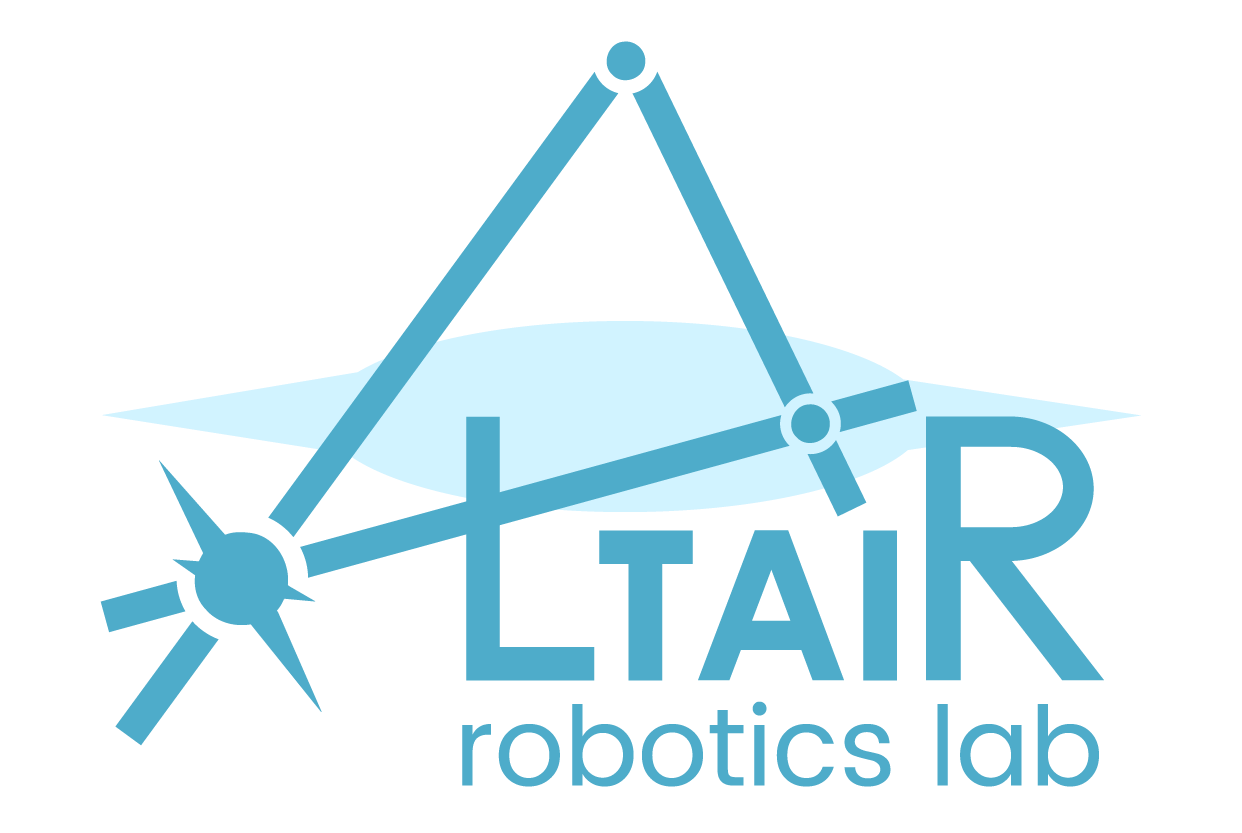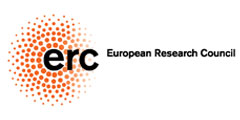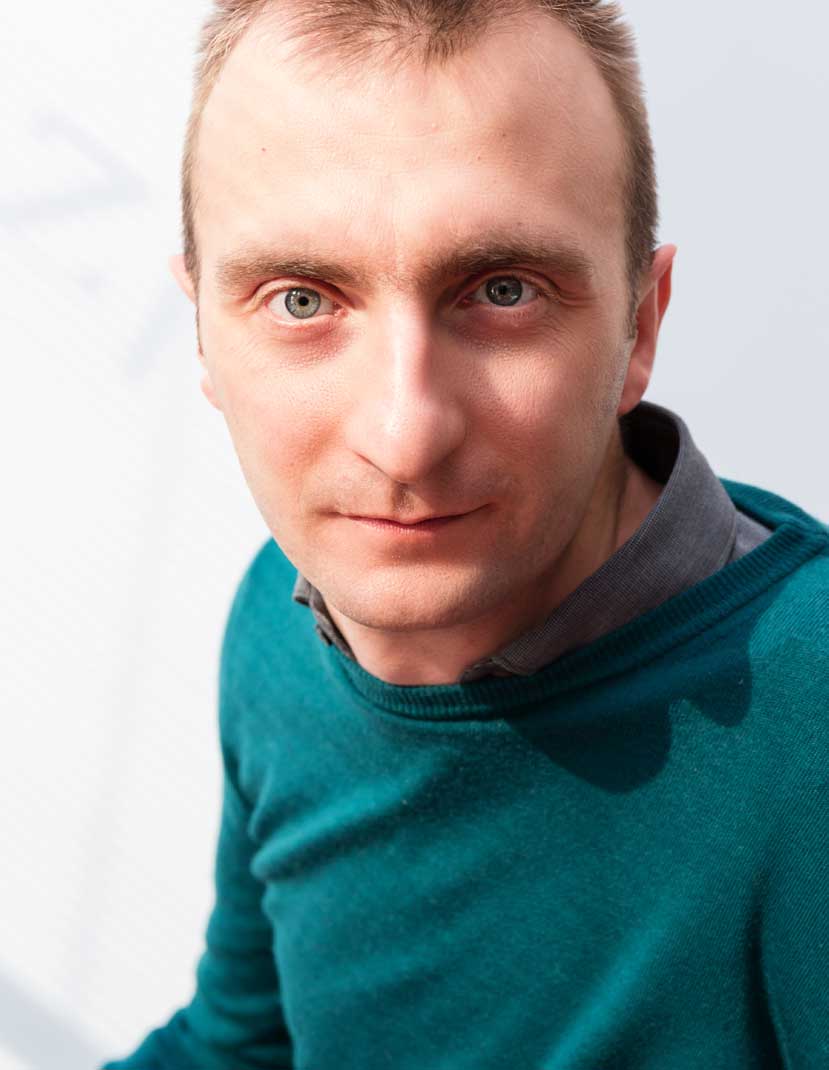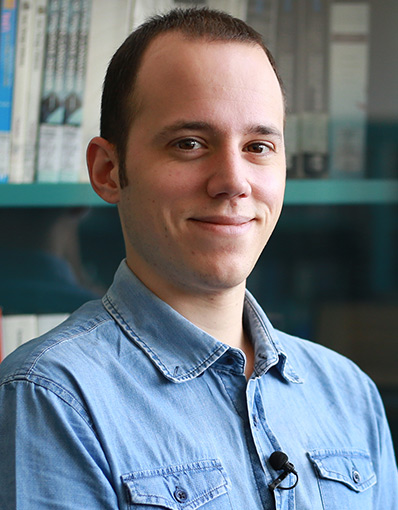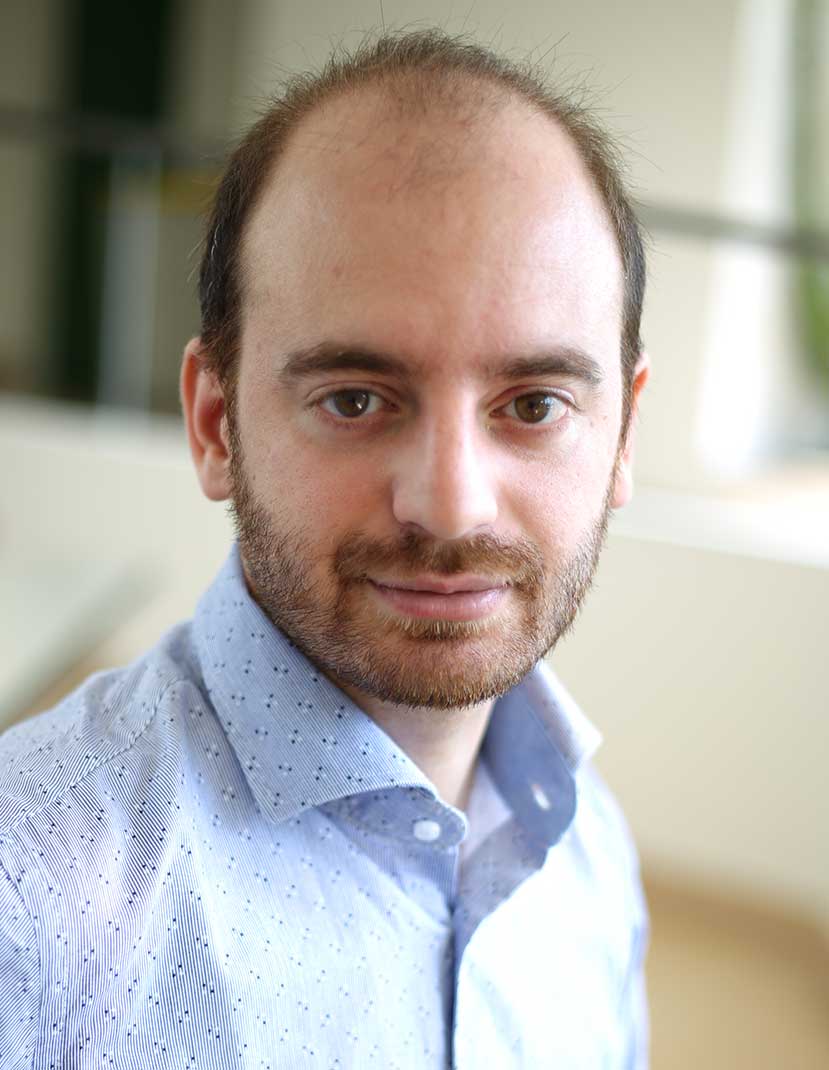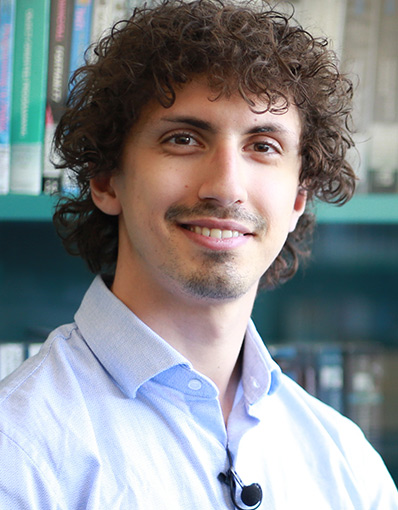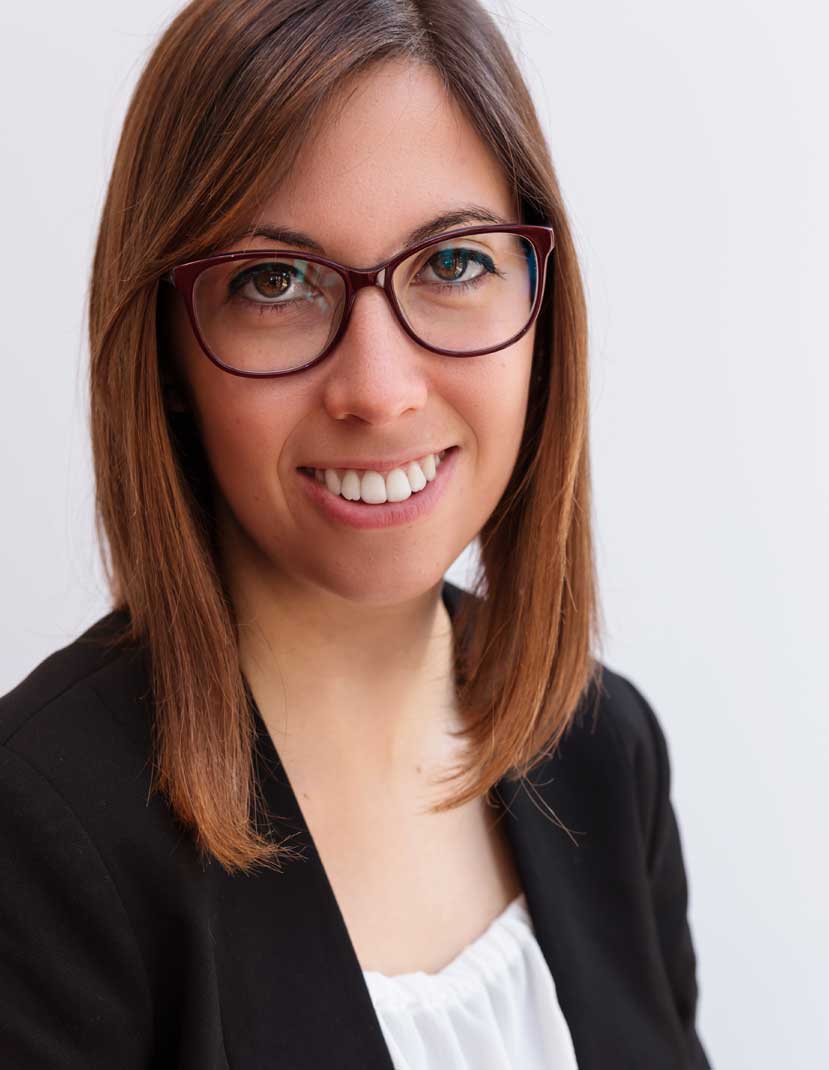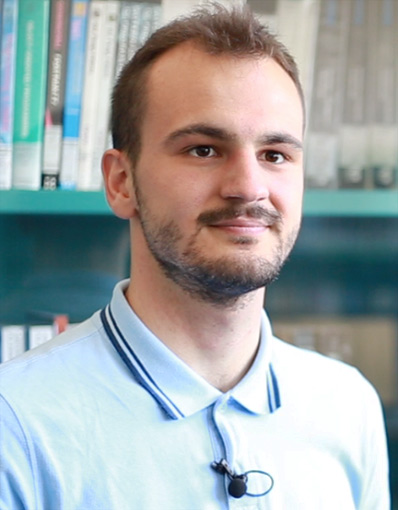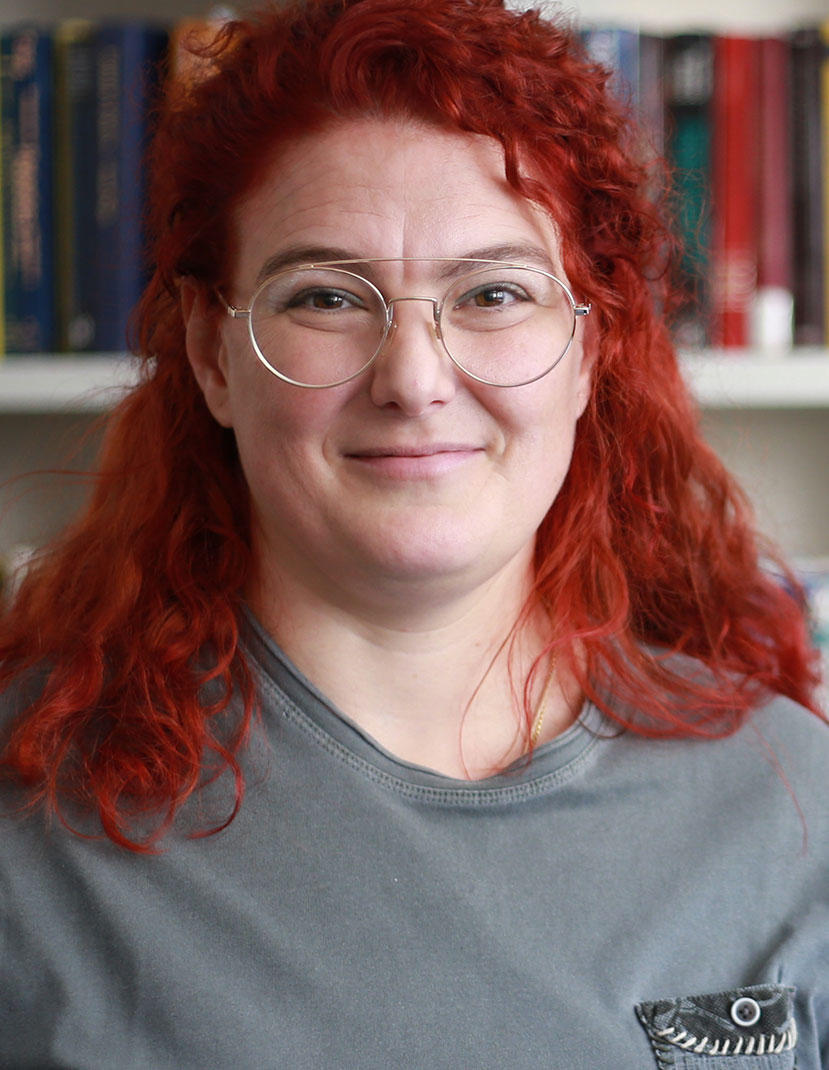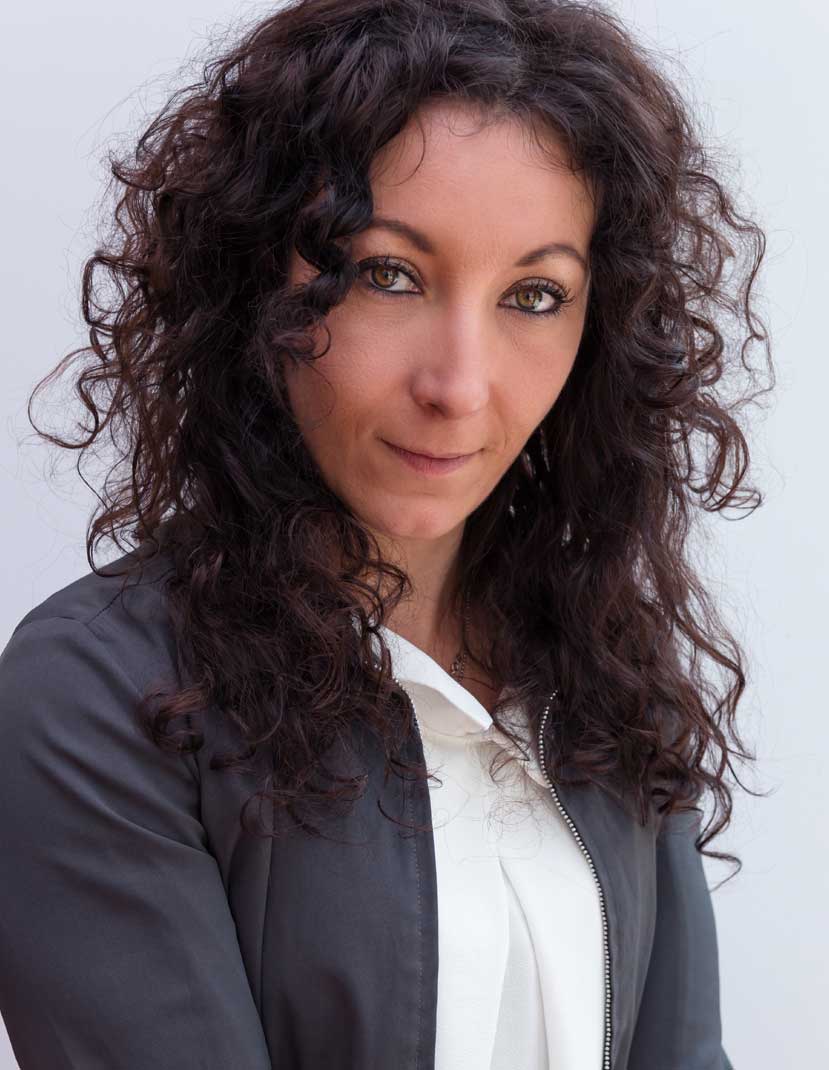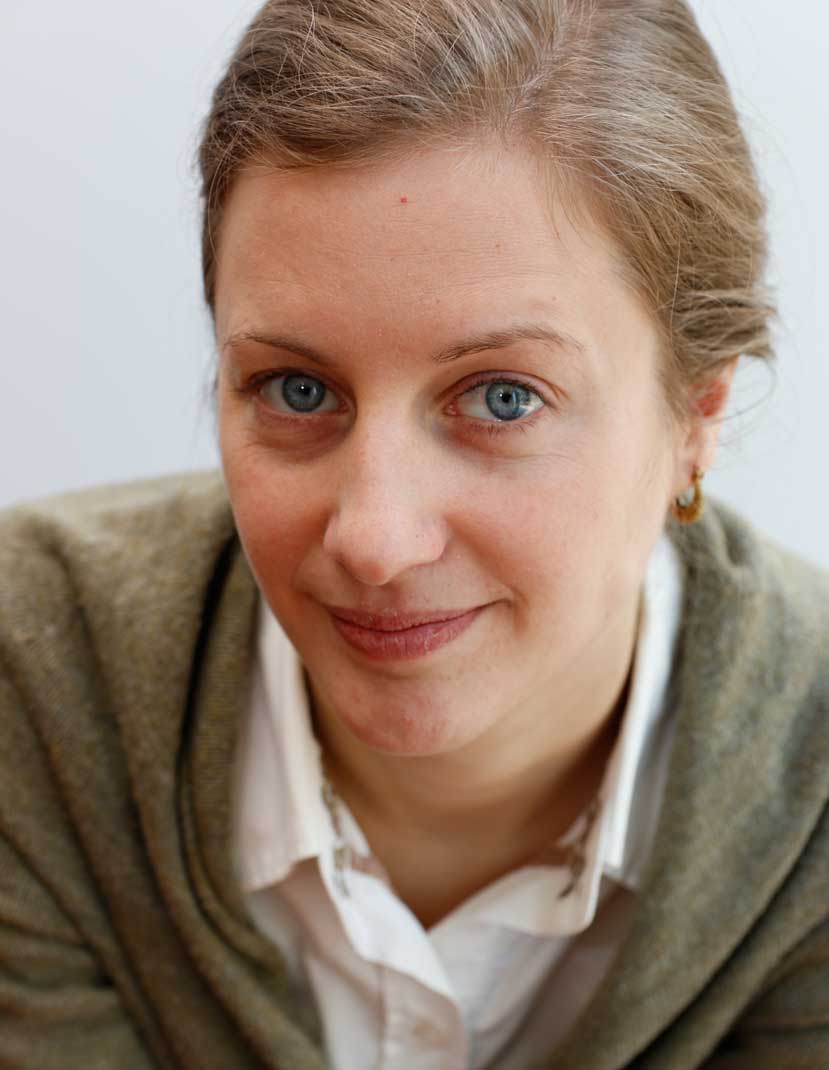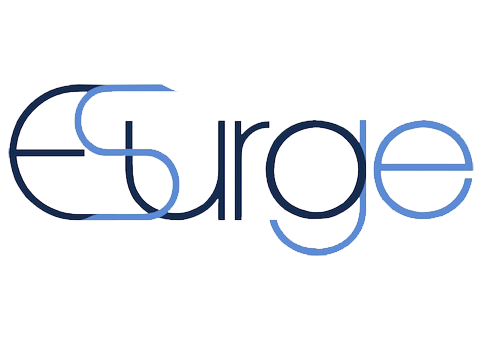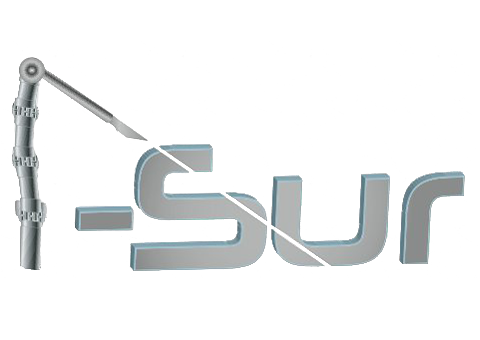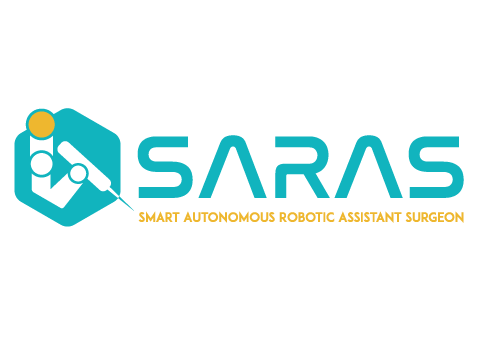
SARAS
ALTAIR research projects
SARAS
Smart Autonomous Robotic Assistant Surgeon
SARAS aims at developing the next-generation of surgical robotic systems that will allow a single surgeon to execute Robotic Minimally Invasive Surgery (R-MIS) without the need of an expert assistant surgeon.
Currently, during laparoscopic or robotic assisted surgical procedures, several units of medical personnel are requested to stay in the operating room for supporting the main surgeon tele-operating the surgical robot. This practice leads to an inefficient management of the hospitals’ economic resources and to unnecessary long waiting lists for pattiens
The goal of SARAS is to develop the next-generation of surgical robotic systems that will allow a single surgeon to execute Robotic Minimally Invasive Surgery (R-MIS) without the need of an expert assistant surgeon, thereby increasing the social and economic efficiency of a hospital while guaranteeing the same level of safety for patients.
The robot developed by the SARAS project will be called solo-surgery system and will consist of a pair of cooperating and autonomous robotic arms holding the surgical instruments.
The AcRobotica Team

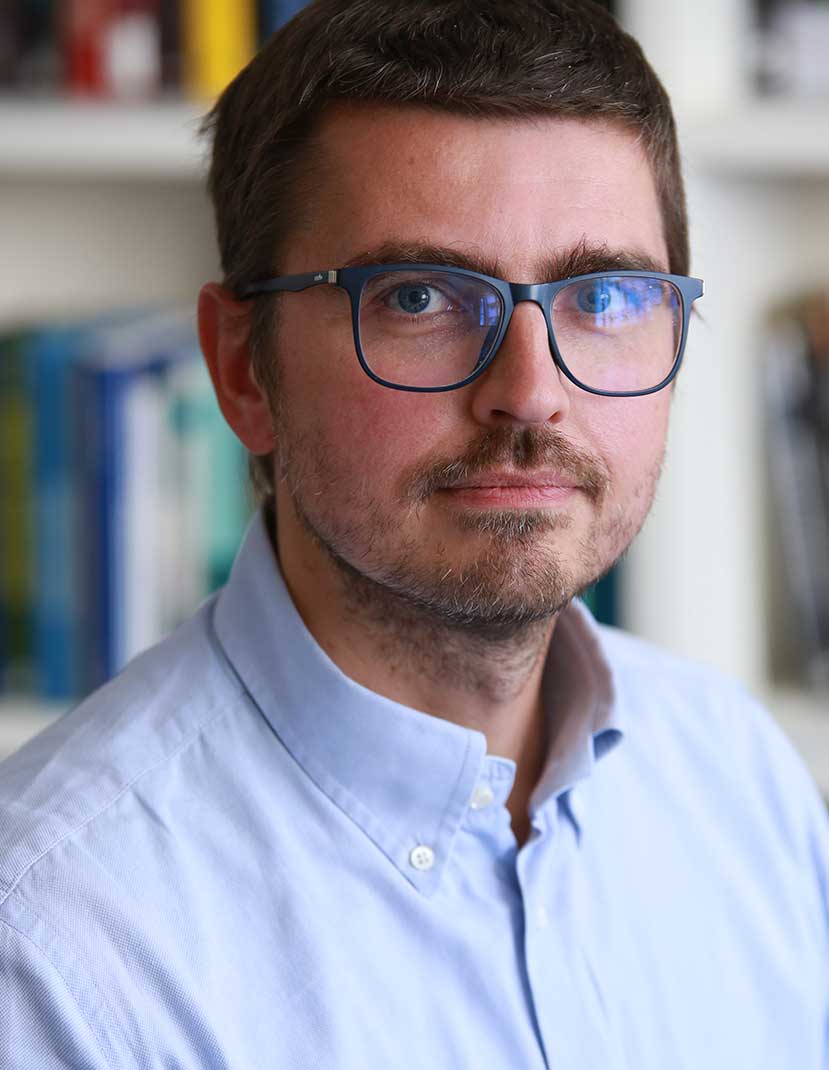

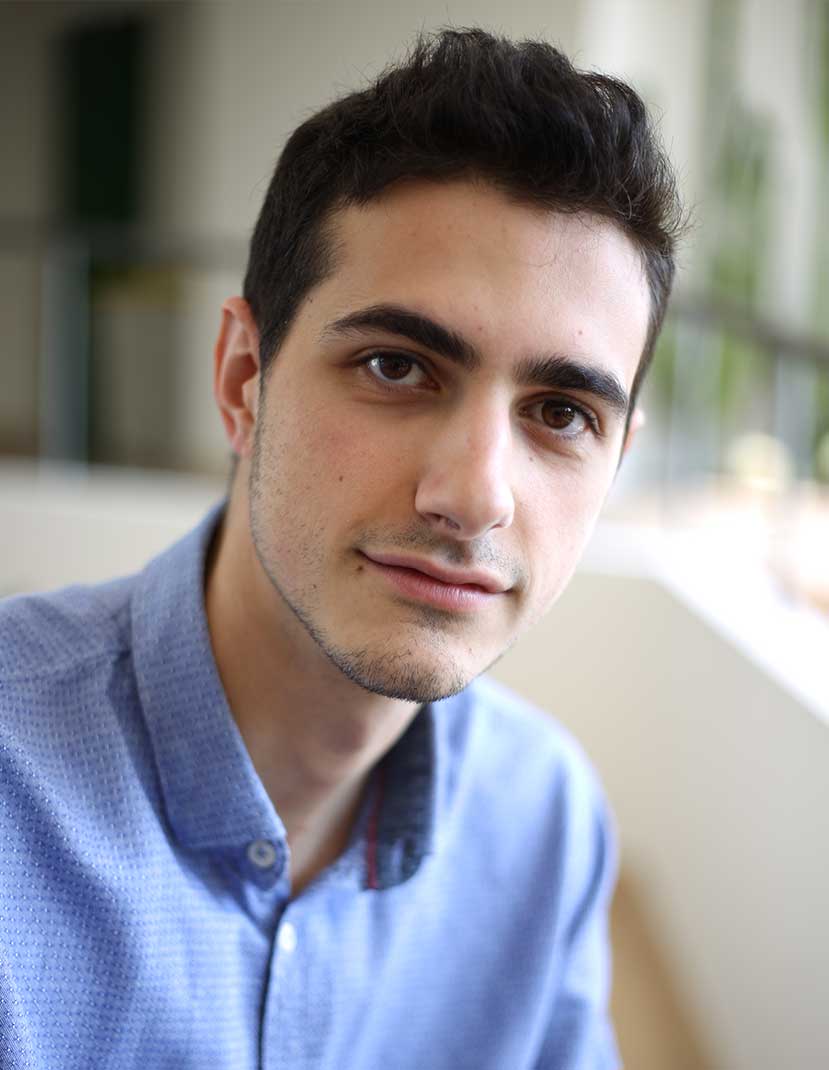
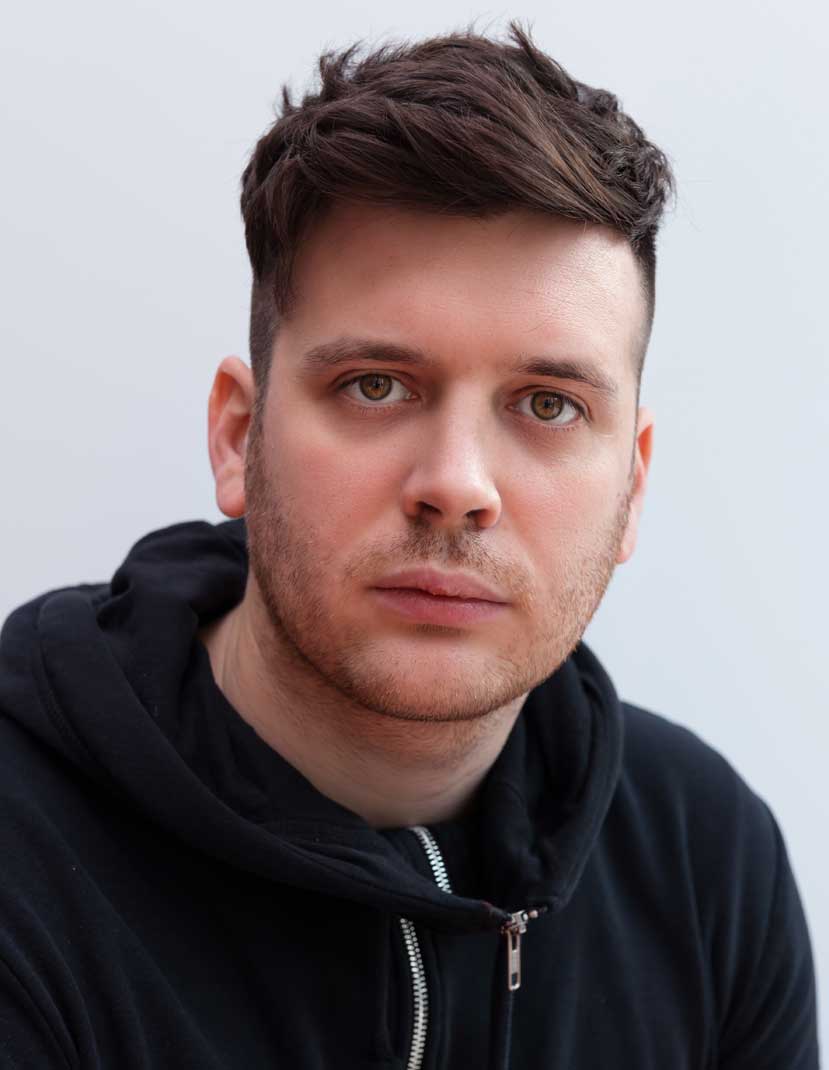
ALTAIR projects
Altair research is carried on with the help of EU and Italian grants, discover our research projects!
